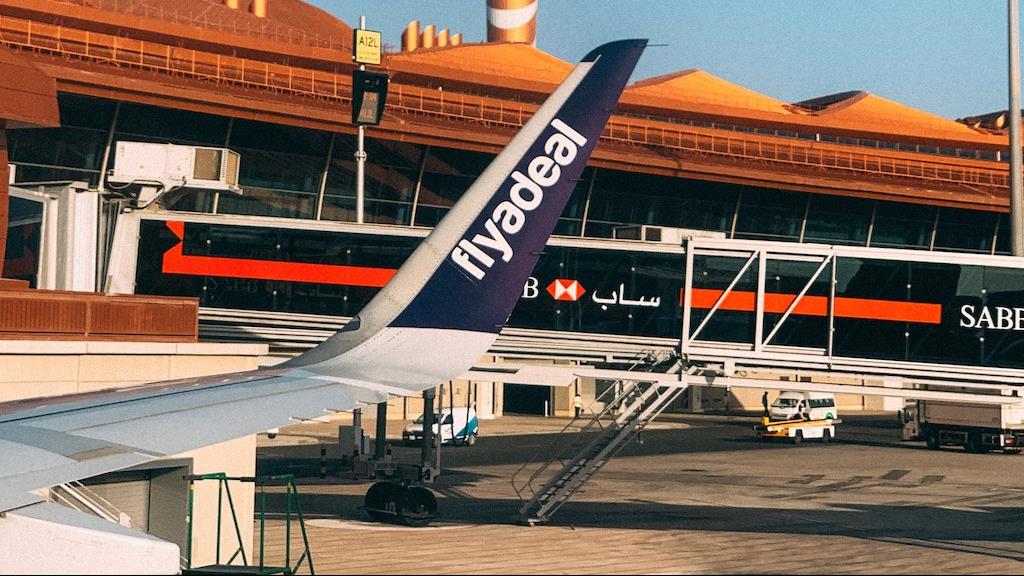

The number of Covid-19 cases in the Middle East and North Africa (Mena) region crossed 8,059,602 on 3 May, according to Worldometers data collated by MEED.
Countries in the GCC account for 22.4 per cent (1,804,646) of all regional cases, while Iran’s 2,555,587 infections make up 31.7 per cent of the Mena total.

Since 26 April, 277,505 new Covid-19 cases have been reported in the 17 Mena countries tracked by MEED.
Over the past week, several regional countries have sought to redefine curbs and vaccination programmes as case numbers continue to grow in the region.
Saudi lifts border closures
Saudi Arabia, which in late January said it would enforce a border ban until 17 May, has reiterated its decision to resume travel as planned this month.
Vaccinated citizens will be permitted to travel abroad from 17 May, when Saudi Arabia’s land, sea and air borders will be reopened.

Only adults who have received both doses of the vaccine, or one dose 14 days prior to the date of departure, will be allowed to travel. Saudis aged under 18 and those who have recovered from Covid-19 in the past six months will also be eligible to travel, according to the Interior Ministry’s guidelines.
The kingdom’s citizens have been barred from travel since March 2020, when borders were first closed in light of the emerging pandemic. Saudi borders reopened in July, but citizens were still not allowed to travel.
Abu Dhabi updates traveller requirements
Movement procedures have also been updated in Abu Dhabi over the past week. The UAE capital has revised the rules regarding mandatory Covid-19 testing and home quarantine requirements for vaccinated arrivals. From 3 May, vaccinated travellers arriving from ‘green list’ countries must take a PCR test on arrival and on day six, without the need to quarantine.
Vaccinated residents and citizens arriving from countries that are not on the green list must take a PCR test on arrival and quarantine for five days. They must take another PCR test on day four of their arrival to the UAE.
The new regulations apply to vaccinated UAE citizens and residents of Abu Dhabi who have received their second vaccine dose at least 28 days prior to arrival. Their vaccine reports are to be logged on the Alhosn app.

Unvaccinated citizens and residents of Abu Dhabi arriving from the green list countries must take a PCR test on arrival. Quarantine is not necessary, but these travellers must take two other PCR tests on days six and 12. Unvaccinated citizens and residents arriving from countries not on the green list must take a PCR test on arrival, quarantine for 10 days and repeat a PCR test on day eight.
Destinations on Abu Dhabi’s green list include Australia, Bhutan, Brunei, China, Cuba, Greenland, Hong Kong, Iceland, Israel, Japan, Mauritius, Morocco, New Zealand, Portugal, Russia, Saudi Arabia, Singapore, South Korea, Switzerland, Taiwan, Tajikistan, the UK and Uzbekistan.
Vaccination in the Mena region
According to local media, the Health Ministry in Kuwait plans to open five vaccination centres to speed up its vaccination campaign. The country is reported to have a total of 22 vaccination centres so far, of which 21 are set up to administer the Oxford-AstraZeneca vaccine. The Mishref centre is administering Pfizer jabs, which Kuwait is said to have received in 14 shipments.
Outside the GCC, vaccination efforts are picking up in countries such as Iran, Egypt and Morocco.
Earlier this week, Tehran received its seventh consignment of the Sputnik-V vaccine, comprising 100,000 doses. Iran is understood to have purchased 60 million Sputnik-V doses from Russia.
In Egypt, the local drug authority announced last week it had granted emergency approval to China's Sinovac coronavirus vaccine. Cairo, which has already approved and received doses of Sinopharm and Oxford-AstraZeneca, will also manufacture around 40 million doses of Sinovac locally this year, Health Minister Hala Zayed reportedly said last week. Sputnik-V is also approved for use in Egypt.

Vaccine stocks are also increasing in Morocco, which on 30 April received 500,000 doses of China’s Sinopharm vaccine, taking the country’s overall supply to 9.5 million doses. The latest half-million batch is part of the 10 million doses due to reach Morocco in April and May from Sinopharm.
Earlier this week, a 21-day vaccination programme was also rolled out in the Idlib region of Syria. Health officials plan to administer vaccines to all of the region’s 28,000 medical and humanitarian workers, UAE newspaper The National reported.
Idlib received 53,800 Indian-made doses of the Oxford-AstraZeneca vaccine through the Covax scheme last week. The figure was reportedly lower than the 124,000 doses expected in the first batch.
Lead image: Ahmad Fouad on Unsplash
You might also like...

Iran-US talks see earnest engagement
27 February 2026

Kuwait receives bids for $400m Subiya utilities plant works
27 February 2026

A partner’s perspective on working with Sharakat
27 February 2026

Egypt’s Obelisk equity move merits attention
27 February 2026
A MEED Subscription...
Subscribe or upgrade your current MEED.com package to support your strategic planning with the MENA region’s best source of business information. Proceed to our online shop below to find out more about the features in each package.
Take advantage of our introductory offers below for new subscribers and purchase your access today! If you are an existing client, please reach out to your account manager.






